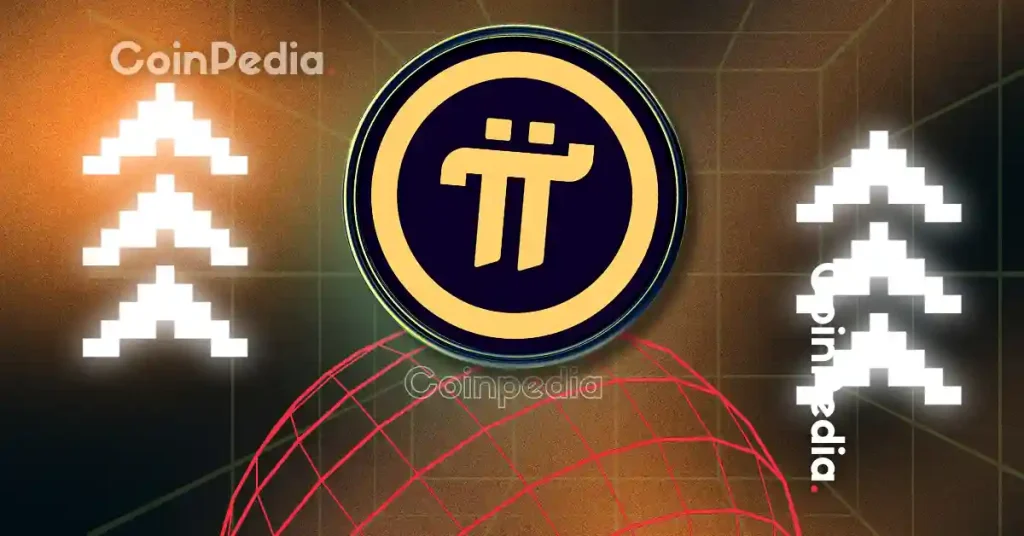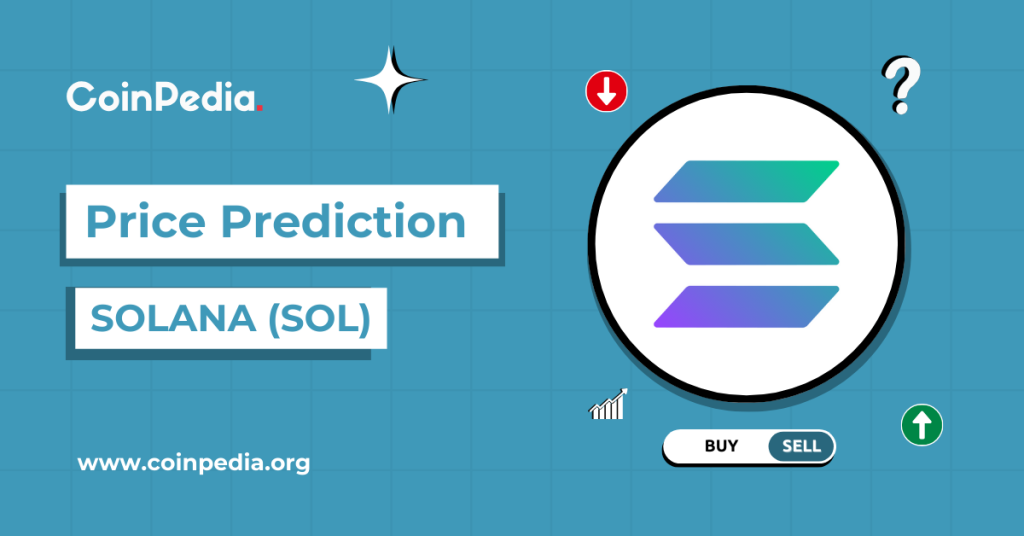BitcoinWorld Decentralized AI: Manifold Secures Revolutionary $10.5M Funding Boost The intersection of artificial intelligence and blockchain technology is rapidly becoming one of the most exciting frontiers in the digital age. As AI continues its exponential growth, questions of control, transparency, and accessibility have become paramount. This evolving landscape calls for innovative solutions, and one company is stepping up to the plate with significant backing. In the rapidly evolving landscape of blockchain and artificial intelligence, a groundbreaking development has just hit the wires: Manifold, a pioneering force in decentralized AI infrastructure, has successfully secured a significant $10.5 million in Series A funding. This monumental investment, spearheaded by OSS Capital, isn’t just a financial milestone; it’s a powerful validation of the burgeoning potential of decentralized technologies and their role in shaping the future of AI. For anyone tracking the convergence of crypto and cutting-edge tech, this news signals a pivotal moment, promising to accelerate the deployment of advanced AI services in a way that’s more open, transparent, and user-centric than ever before. Understanding Manifold and Targon: Pioneers in Decentralized AI So, what exactly is Manifold, and why is this funding round so crucial for the advancement of decentralized AI ? Manifold is at the forefront of building infrastructure that enables a new paradigm for artificial intelligence – one that moves away from centralized, siloed systems towards a more distributed and collaborative model. Their flagship offering, Targon, is not just another AI cloud service; it’s a revolutionary platform built directly on the Bittensor network. Imagine a world where AI models are not owned by a few tech giants but are instead developed, shared, and utilized across a decentralized network, fostering innovation and reducing barriers to entry. That’s the vision Manifold is bringing to life with Targon. The Transformative Power of Decentralized AI: Why It Matters Now More Than Ever Why is decentralized AI gaining such immense traction, and what makes it so appealing in today’s technological climate? For years, the development and deployment of artificial intelligence have largely been concentrated in the hands of a few tech behemoths. While these centralized models have driven incredible advancements, they also come with inherent limitations and risks, including: Data Silos and Control: Centralized entities often control vast datasets, leading to a lack of transparency in data usage and potential for misuse. This concentration of power can stifle innovation outside of established players. Censorship and Bias: A single point of control can lead to biased AI models or the censorship of certain applications, limiting innovation and diverse perspectives. Algorithms can be opaque, making it difficult to detect inherent biases. Single Points of Failure: Centralized systems are inherently vulnerable to outages, security breaches, or regulatory pressures that can halt operations, impacting countless users and businesses. High Barriers to Entry: The immense computational power, specialized hardware, and proprietary data access required to train advanced AI models often make it prohibitive for smaller innovators, startups, or independent researchers to compete effectively. Decentralized AI offers compelling alternatives, addressing many of these concerns head-on. By distributing the computational power, data ownership, and decision-making across a network of participants, it aims to create a more resilient, equitable, and transparent AI ecosystem. Here’s a closer look at the key advantages and persistent challenges: Benefits of Decentralized AI: Enhanced Transparency and Trust: By operating on blockchain networks, decentralized AI systems can offer unparalleled transparency in how models are trained, data is used, and decisions are made. This fosters greater trust among users and developers, as processes are verifiable on an immutable ledger. Reduced Censorship and Monopolies: Unlike centralized platforms that can control access or censor content, decentralized AI distributes power, making it more resilient to single points of failure or arbitrary restrictions. This promotes a more open and equitable AI ecosystem where innovation can flourish freely. Improved Data Privacy and Security: Decentralized architectures can leverage advanced cryptographic techniques, such as federated learning or zero-knowledge proofs, to protect sensitive data. This allows AI models to be trained on private datasets without directly exposing the underlying information, significantly enhancing user privacy. Democratization of AI Development: Lowering the barrier to entry for AI development and deployment, decentralized networks allow a wider range of participants to contribute, collaborate, and benefit from AI innovation. This opens up opportunities for global talent to contribute. Cost Efficiency: By leveraging peer-to-peer networks and token incentives, decentralized AI can potentially offer more cost-effective solutions for AI compute and storage compared to traditional cloud providers, optimizing resource utilization. Challenges and Considerations for Decentralized AI: Scalability: Ensuring that decentralized networks can handle the immense computational demands of complex AI models, especially those requiring vast datasets and real-time processing, remains a significant hurdle. Interoperability: Integrating different decentralized AI protocols and models can be complex, requiring robust standards and frameworks to ensure seamless communication and collaboration across diverse platforms. Regulatory Uncertainty: The evolving regulatory landscape for both blockchain and AI presents challenges for compliance and widespread adoption, as legal frameworks are still catching up with technological advancements. User Adoption: Educating the broader market about the benefits and functionalities of decentralized AI is crucial for mainstream acceptance. The technical complexities can be a barrier for new users. Despite these challenges, the potential for decentralized AI to revolutionize various industries, from healthcare to finance and entertainment, is undeniable, promising a future where AI is more accessible and trustworthy. How Will This Funding Propel Manifold’s Decentralized AI Vision? The $10.5 million Series A funding round is a game-changer for Manifold, providing the necessary capital to accelerate their ambitious plans. Led by OSS Capital, a venture firm known for its focus on open-source software, this investment underscores a strong belief in the open and collaborative future of AI. The official announcement from Manifold highlights that the funds will be primarily allocated to two critical areas: Optimization of Targon: This involves refining the core technology of Targon, enhancing its efficiency, performance, and user experience. It means faster processing, more robust models, and a smoother interaction for developers and users alike. This optimization will ensure Targon can handle increasingly complex AI tasks with greater reliability. Scaling Commercial Deployment: The goal is to expand Targon’s reach and make its powerful decentralized AI cloud services accessible to a wider commercial audience. This could involve expanding infrastructure, forging new partnerships, and building out a comprehensive support system for enterprises looking to integrate decentralized AI into their operations. The focus is on making Targon a go-to solution for businesses of all sizes. This strategic investment will allow Manifold to solidify its position as a leader in the decentralized AI space, moving Targon from an innovative concept to a widely adopted commercial solution that can truly compete with centralized offerings. Bittensor Network: The Foundation for Decentralized AI Innovation It’s impossible to discuss Manifold and Targon without acknowledging the foundational role of the Bittensor network. Bittensor (TAO) is a decentralized machine learning protocol that aims to create a peer-to-peer marketplace for intelligence. Essentially, it allows various AI models to work together, share knowledge, and earn rewards based on the value they contribute to the collective intelligence. Targon, by building directly on Bittensor, leverages this unique architecture to provide a truly decentralized AI cloud service. This integration means: Leveraging Collective Intelligence: Targon can tap into the vast and diverse pool of AI models and computational resources available on the Bittensor network. This collaborative environment fosters rapid innovation and access to specialized AI capabilities. Incentivized Participation: The Bittensor tokenomics incentivize participants to contribute their compute power and AI models, fostering a robust and dynamic ecosystem where resources are efficiently allocated and utilized. Scalable and Resilient Infrastructure: By distributing AI tasks across a decentralized network, Targon benefits from enhanced resilience and scalability, reducing reliance on single centralized data centers and improving uptime and reliability. This symbiotic relationship between Targon and Bittensor is key to Manifold’s ability to deliver a truly robust and scalable decentralized AI solution, setting it apart in the competitive AI landscape. What’s Next for Manifold and the Broader Decentralized AI Landscape? With this substantial funding, Manifold is poised for significant growth and impact, not just for its own ecosystem but for the broader decentralized AI landscape. The optimization and scaling of Targon could lead to several exciting developments: Proliferation of Innovative Applications: As Targon becomes more robust and accessible, we can expect to see a surge in innovative applications built on its decentralized infrastructure. This could range from advanced data analytics and privacy-preserving machine learning to sophisticated generative AI models, all operating with enhanced transparency and security. Imagine AI-powered decentralized autonomous organizations (DAOs) or open-source AI agents collaborating on complex problems, leading to breakthroughs previously unimaginable. Increased Adoption and Value Proposition for Bittensor: Manifold’s success and the widespread adoption of Targon will inevitably draw more attention and adoption to the underlying Bittensor network. As more developers and businesses utilize Targon, the demand for Bittensor’s native token (TAO) and its underlying compute resources could increase, strengthening the entire decentralized AI ecosystem and potentially impacting its market valuation. Strategic Industry Partnerships and Integrations: With increased resources and validated technology, Manifold is likely to forge strategic partnerships with other blockchain projects, traditional tech companies, enterprises, and research institutions. These collaborations could further integrate decentralized AI into mainstream operations, from supply chain optimization to personalized healthcare solutions, demonstrating real-world utility and driving mass adoption. Shaping Future AI Standards: Manifold’s commitment to open-source principles and decentralized governance, inherent in its Bittensor foundation, could influence future standards for AI development. As concerns about ethical AI, data sovereignty, and responsible innovation grow, decentralized models may become the preferred framework for building fair and unbiased AI systems. Investment Opportunities: For investors and enthusiasts in the crypto and AI space, keeping a close eye on Manifold’s progress will be crucial. Their advancements could very well set new standards for how AI services are delivered and consumed globally, potentially opening up new avenues for investment in the decentralized AI sector, beyond just direct token exposure. The future of AI is increasingly looking decentralized, and Manifold is certainly leading the charge, building the foundational layers for an AI economy that is open, fair, and accessible to all. Manifold’s successful $10.5 million Series A funding round marks a pivotal moment for the decentralized AI sector. This investment, led by OSS Capital, will significantly boost the development and commercial deployment of Targon, Manifold’s innovative AI cloud service built on the Bittensor network. By addressing the limitations of centralized AI and leveraging blockchain’s strengths, Manifold is paving the way for a more transparent, secure, and democratized future for artificial intelligence. This strategic capital injection not only validates the immense potential of decentralized AI but also positions Manifold as a key player in shaping the next generation of AI infrastructure. As Targon scales, it promises to unlock new possibilities and accelerate the integration of truly open and resilient AI solutions across various industries. Frequently Asked Questions (FAQs) Q1: What is Manifold, and what is Targon? A1: Manifold is a company developing decentralized AI infrastructure. Targon is their flagship AI cloud service, designed to run on the Bittensor network, aiming to provide a more open and transparent AI development and deployment environment. Q2: What is decentralized AI? A2: Decentralized AI refers to artificial intelligence systems that operate on distributed networks, often leveraging blockchain technology. Unlike centralized AI, it aims to enhance transparency, reduce censorship, improve data privacy, and democratize AI development by distributing control and resources across many participants. Q3: How will Manifold use the $10.5 million funding? A3: The funding will be primarily used to optimize Targon’s technology for better performance and efficiency, and to scale its commercial deployment, making the decentralized AI cloud service more widely accessible to businesses and developers. Q4: What is the Bittensor network’s role in Manifold’s operations? A4: Bittensor is a decentralized machine learning protocol that serves as the foundational network for Targon. Manifold builds Targon on Bittensor to leverage its peer-to-peer intelligence marketplace, enabling collective AI development, incentivized participation, and a scalable, resilient infrastructure. Q5: Why is decentralized AI considered important for the future? A5: Decentralized AI is crucial for the future because it offers solutions to key challenges of centralized AI, such as data privacy concerns, potential for monopolistic control, and lack of transparency. It promotes a more equitable, secure, and innovative AI ecosystem by distributing power and resources. Did you find this deep dive into Manifold’s groundbreaking funding and the future of decentralized AI insightful? Share this article with your network and help spread the word about the exciting advancements happening at the intersection of blockchain and artificial intelligence! To learn more about the latest decentralized AI trends, explore our article on key developments shaping AI on blockchain institutional adoption. This post Decentralized AI: Manifold Secures Revolutionary $10.5M Funding Boost first appeared on BitcoinWorld and is written by Editorial Team
















